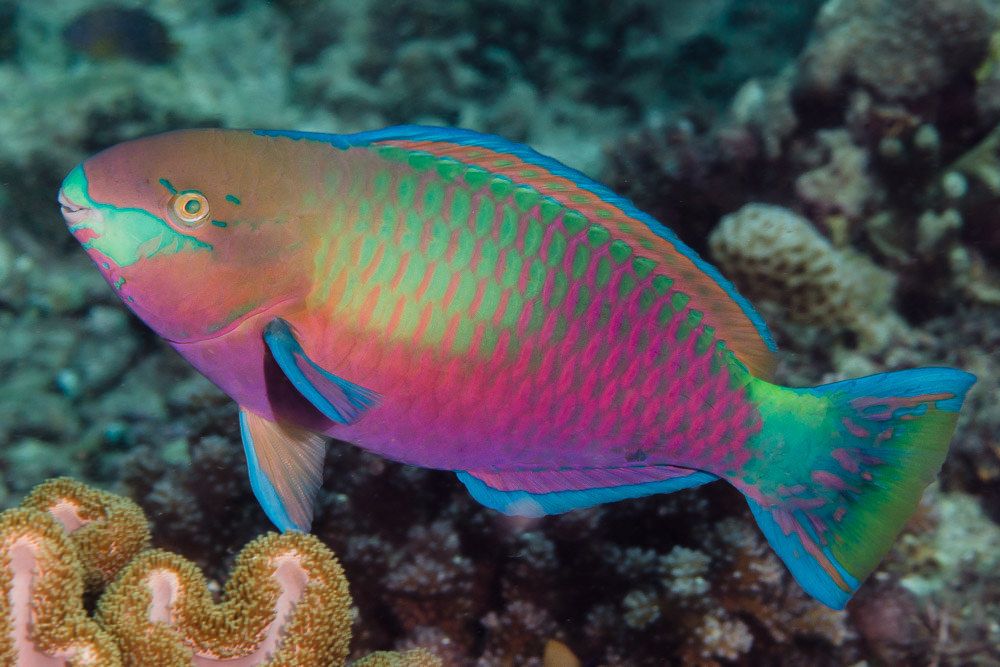Gender isn’t always binary. Mother Nature doesn’t make gender a choice between one and another. In fact, in the animal kingdom there are many creatures that walk the line between male and female, changing gender based on their environment, availability of partners, and other biological needs. Others, still, display characteristics of both male and female creatures of their species. Here are 7 animals that can change their gender!
Moray eels
Moray eels are sequential hermaphrodites, just like clownfish. And, just as it is with clownfish, it is males that become females. However, unlike clownfish, all Moray eels make the switch in their lifetime during a very colorful and remarkable process. After the switch, moray eels live out the rest of their life as an egg-laying female eel.
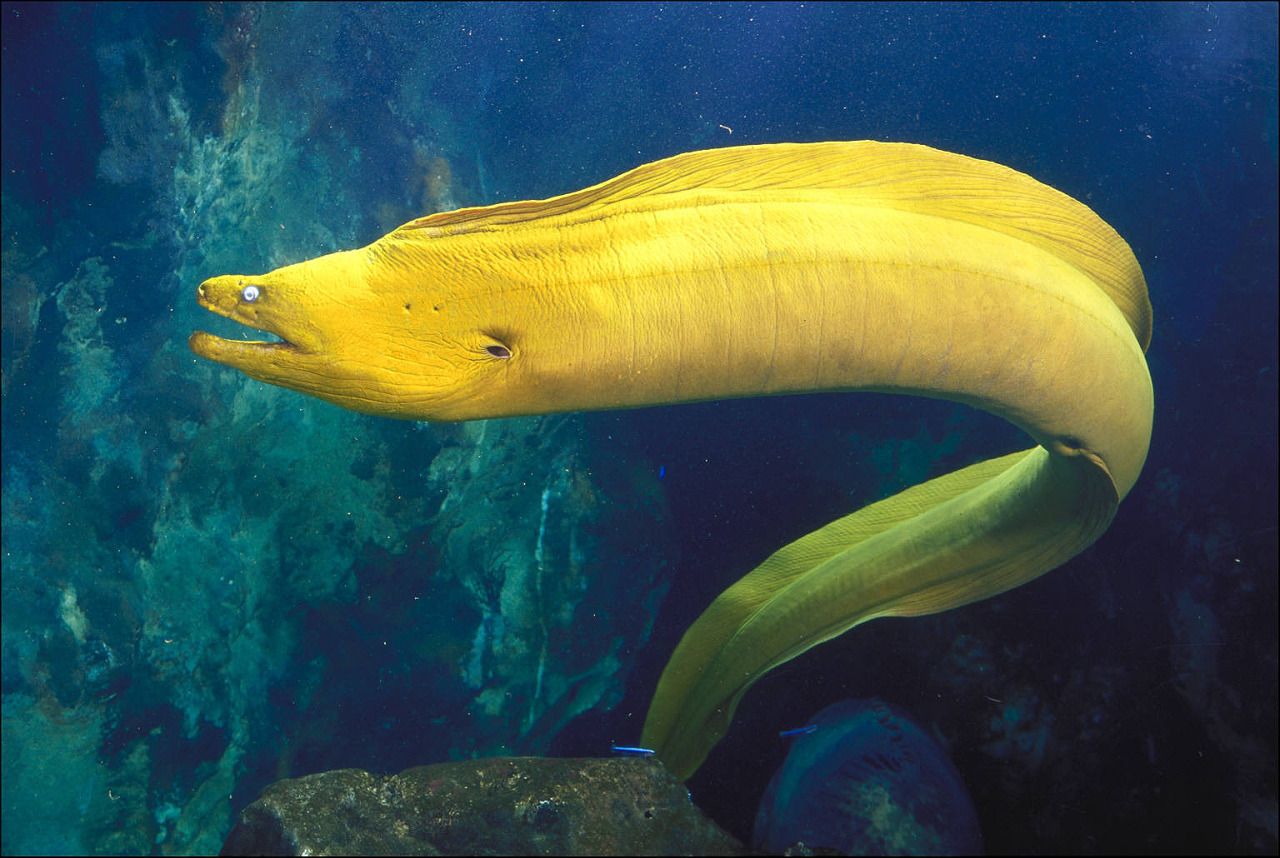
African Clawed Frog
Scientists and researchers have began observing spontaneous gender changes in the frogs in their labs. More recently, they began seeing the same thing happening in the wild. However, in both cases it did not seem like a natural process. A large number of male frogs are becoming female, developing functional reproductive organs. And the reason for this turned out to be a common and popular weed killer chemical – atrazine.
This chemical has now been banned in Europe. When it would get absorbed into the soil and then later carried to rivers, it would completely mess up the hormone levels in the bodies of these frogs. By suppressing testosterone and boosting estrogen the chemical managed to make many of these frogs turn from male to female.
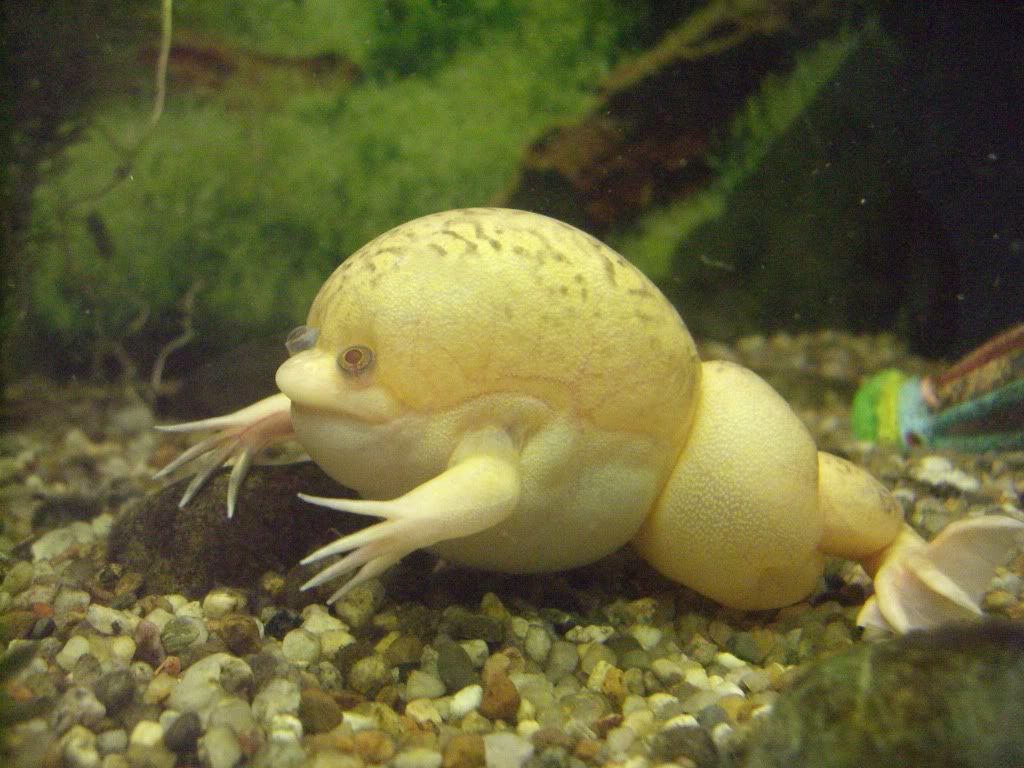
Banana slugs
It’s bright yellow. It can grow up to 10 inches long. Of course it’s name is Banana Slug! These wormlike mollusks are what is called “simultaneous hermaphrodites” which means that unlike Clownfish, they display both male and female traits at the same time. Although they are capable of self-fertilization, most banana slugs usually mate with a partner. When they mate, they both produce sperm and eggs. At the end of their mating, they both have fertilized eggs that they usually deposit under leaves or logs. One mating process – double the offspring!
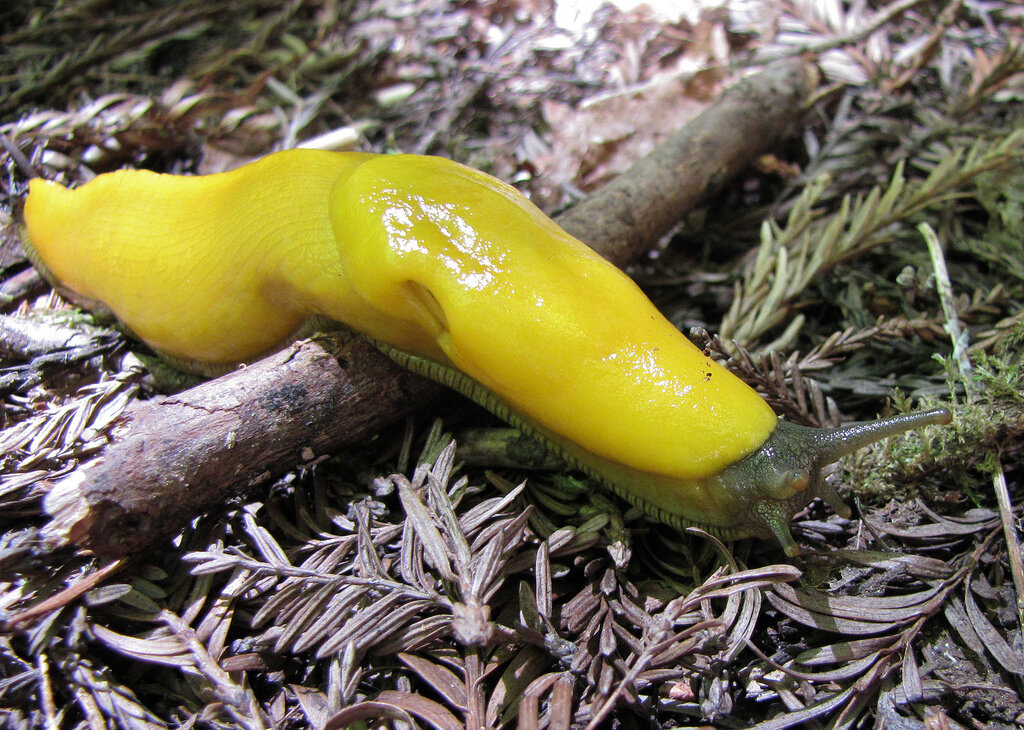
Cardinals
Other than having an extremely rad name, cardinals can also display bilateral gynandromorphism. According to a study from the Western Illinois University, cardinals not only display gynandromorphism, but they also begin to behave differently. The study (conducted in 2008-2010) show that gynandromorph cardinals did not participate in mating rituals with other specimens from their species. However, they were fully accepted by other cardinals who did not display any gender-nonconforming traits.
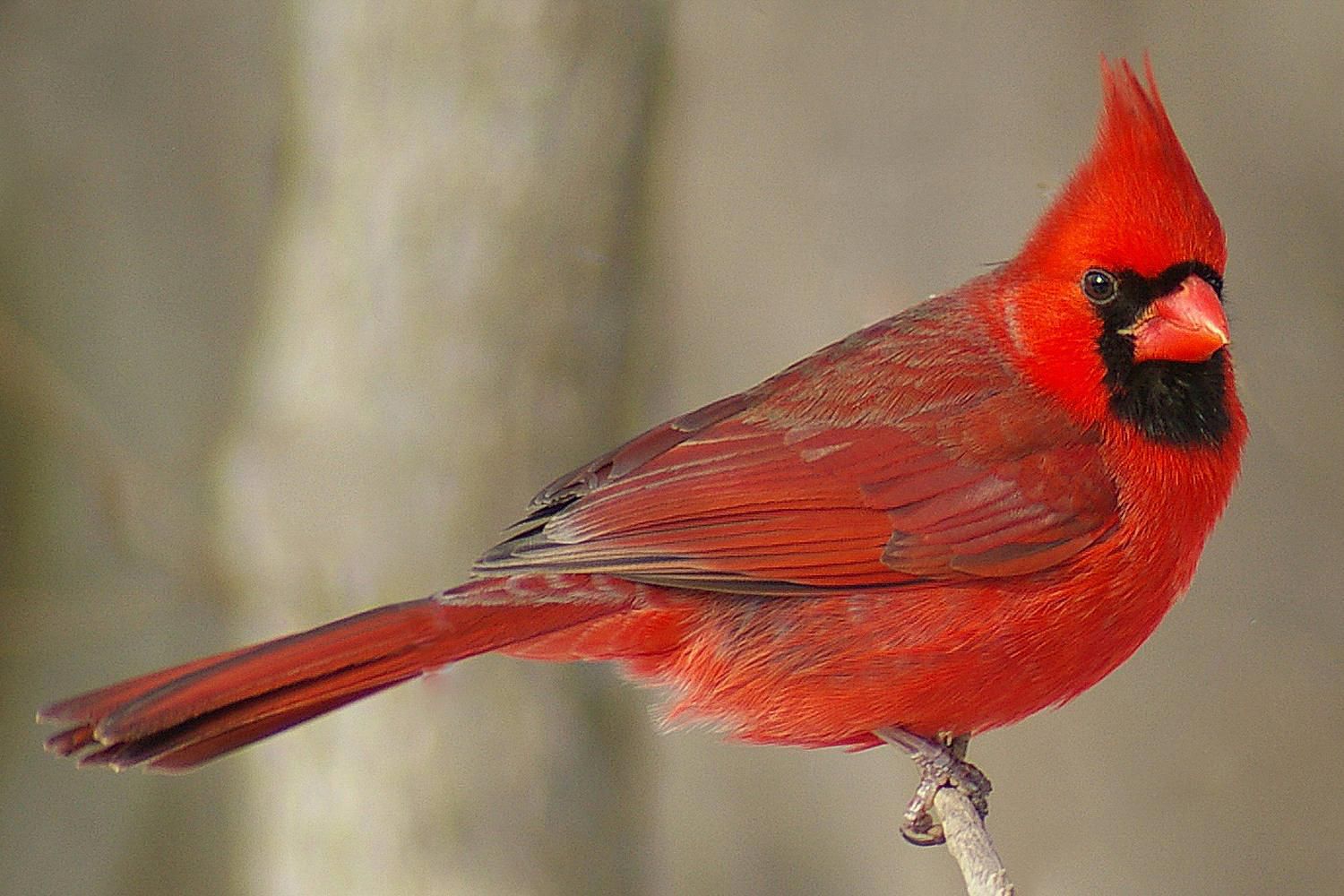
Butterflies
Unlike all the previous animals on the list (save the moray eel), many butterflies experience and display hermaphroditism. Some butterflies display both male and female colorings on their bodies and wings. This rare condition is called gynandromorphism, and can be caused by a genetic error during the early stages of the butterfly’s formation. Gynandromorphism can be found in many animals, but it is most noticeable and most astonishing when you can see it on the wings of a butterfly.
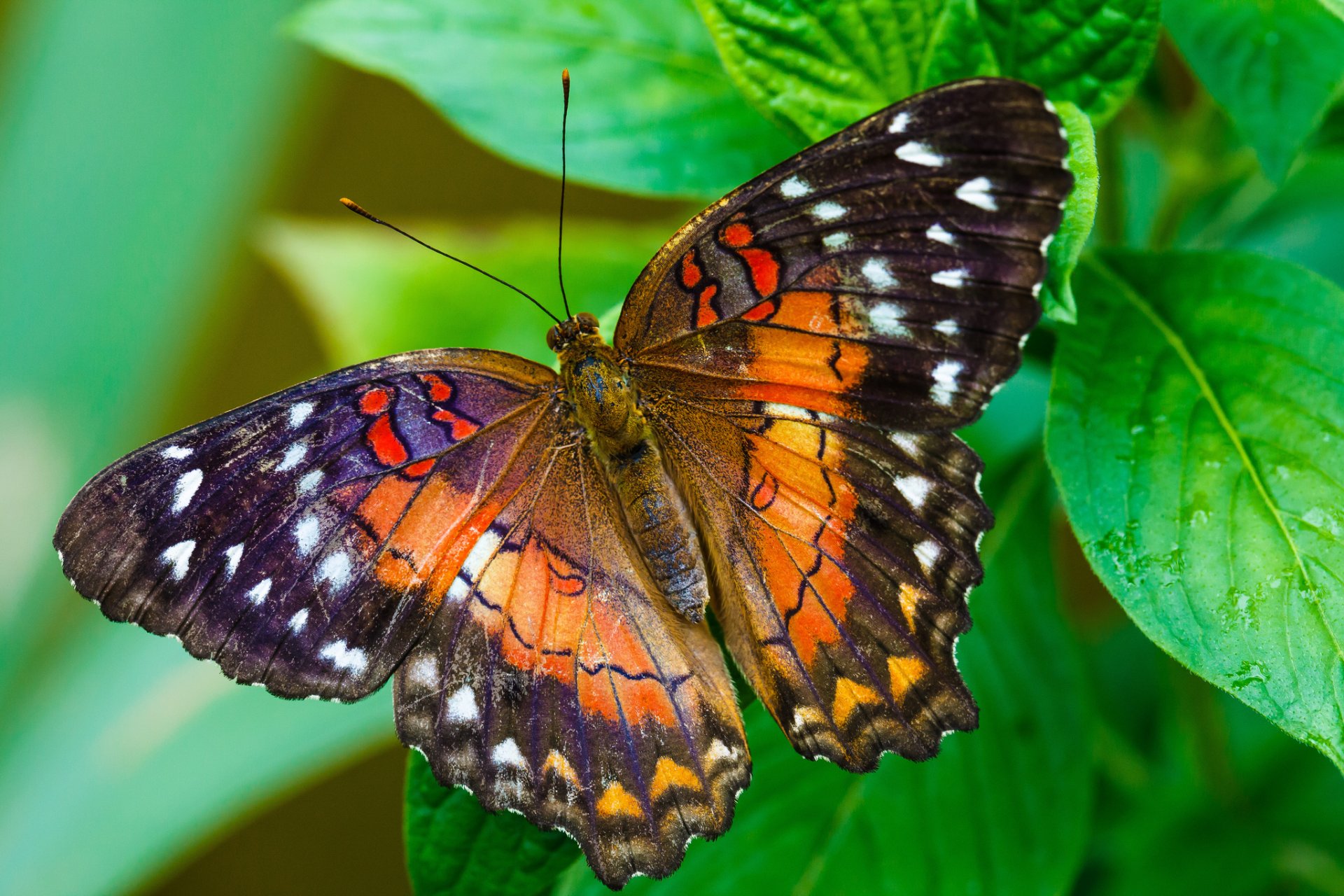
Snakes
Copperheads, cottonmouths, and other female snakes are capable of giving virgin birth. This is called parthenogenesis, meaning the female can fertilize their own eggs in the event that they do not find a suitable male partner during mating season. While this does not (technically) classify as a gender reversal, it does mean that some female snakes can carry out the reproductive actions of both a male and female while not a hermaphrodite.
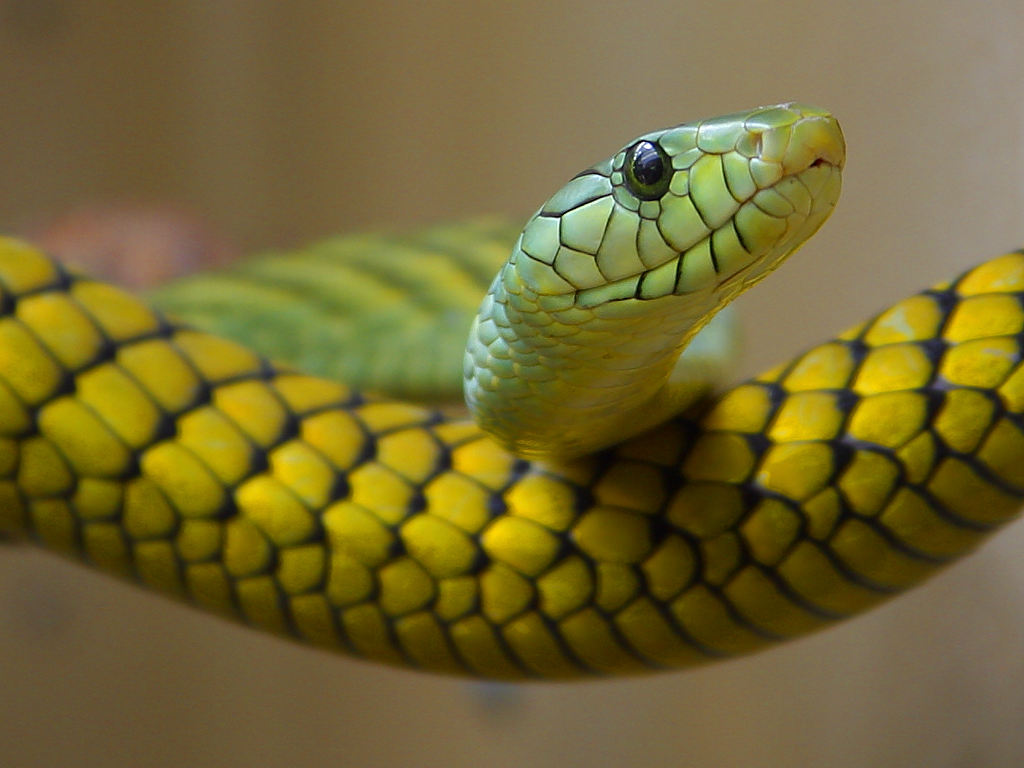
Parrotfish
Parrotfish always travel in groups. These groups are always led by a dominant male, followed by many female parrotfish. However, these female parrotfish are actually not what they seem. They are, in fact, deemed “secondary males”. This means they display all the characteristics of a female fish, but if the dominant male of the school passes away or is incapable to perform their role as a leader, one of these “secondary males” will change their gender and become the primary male!
